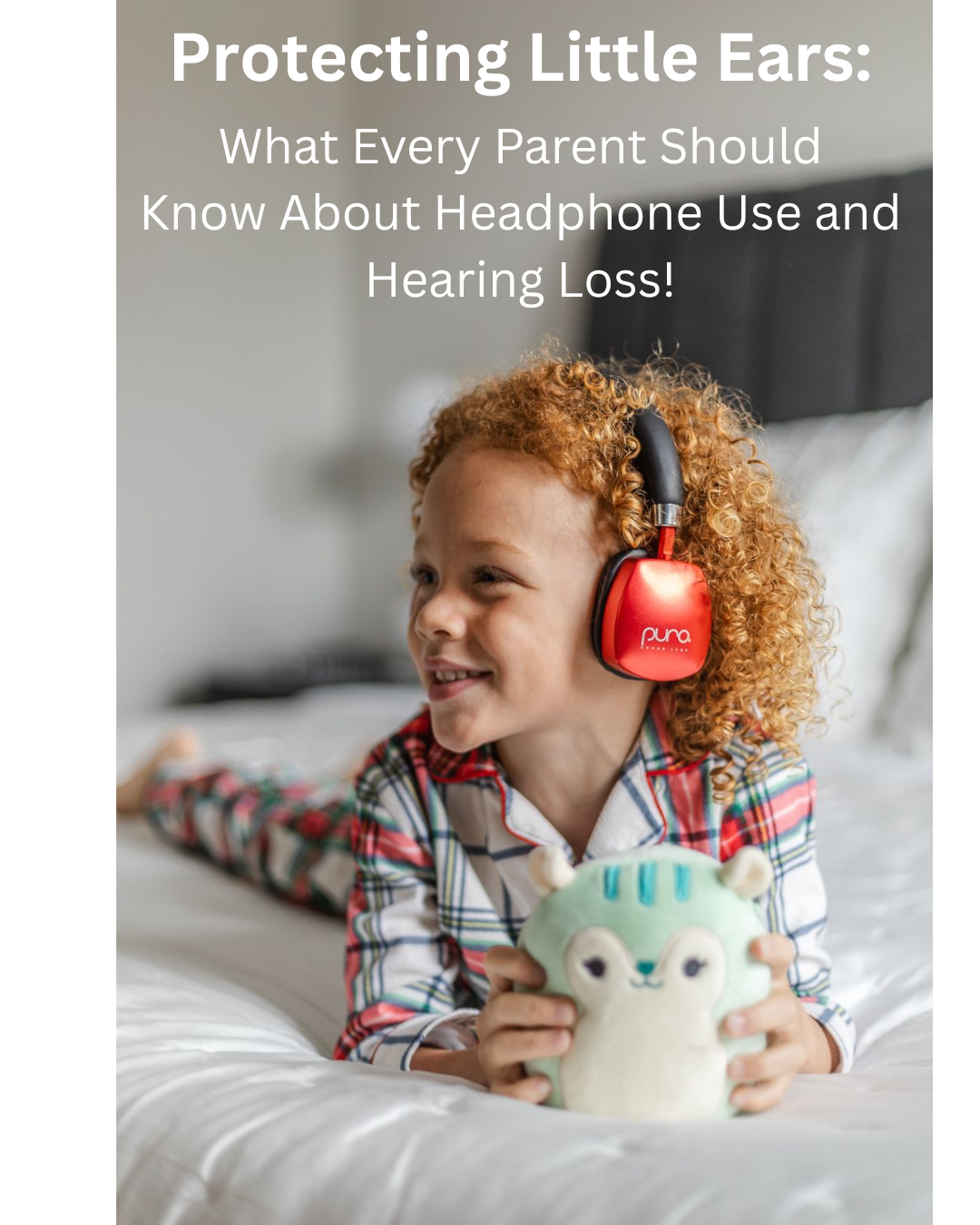
Protecting Little Ears: What Every Parent Should Know About Headphone Use and Hearing Loss
Share
🎧 Protecting Little Ears: What Every Parent Should Know About Headphone Use and Hearing Loss
As parents, we do everything we can to keep our kids safe—from sunscreen and seatbelts to healthy snacks and screen time limits. But there’s one risk that often flies under the radar: Noise-Induced Hearing Loss (NIHL) caused by headphones that are too loud.
👂 What Is NIHL?
NIHL happens when loud sounds damage the delicate structures inside the ear. It’s not just a concern for rock concerts or construction sites—kids using headphones at high volumes are increasingly at risk. And unlike a scraped knee, hearing damage is permanent.
📱 Why It’s a Growing Concern
With tablets, phones, and online learning becoming part of everyday life, children are using headphones more than ever. Whether it’s watching YouTube, playing games, or joining Zoom classes, they’re plugged in—and often at unsafe volume levels.
Studies show that 1 in 8 children already experience some form of hearing loss. That’s a number we can change.
🎧 How Puro Sound Helps
At NZ Puro Sound, we believe safe listening should never mean sacrificing sound quality. That’s why our headphones are designed with:
- Volume-limiting technology (max 85 dB – the safe listening threshold)
- Studio-quality sound for music, movies, and learning
- Comfortable, kid-friendly designs that children love to wear
Whether you're shopping for your toddler, tween, or teen, our headphones help you protect their hearing while keeping them connected to the things they love.
💡 Tips for Parents
Here are a few simple ways to reduce the risk of NIHL at home:
- Choose volume-limited headphones like Puro Sound
- Teach kids to keep the volume at “halfway” or lower
- Take regular listening breaks
- Use noise-cancelling or headphones that block out background noise so they don’t need to turn the volume up in noisy environments
